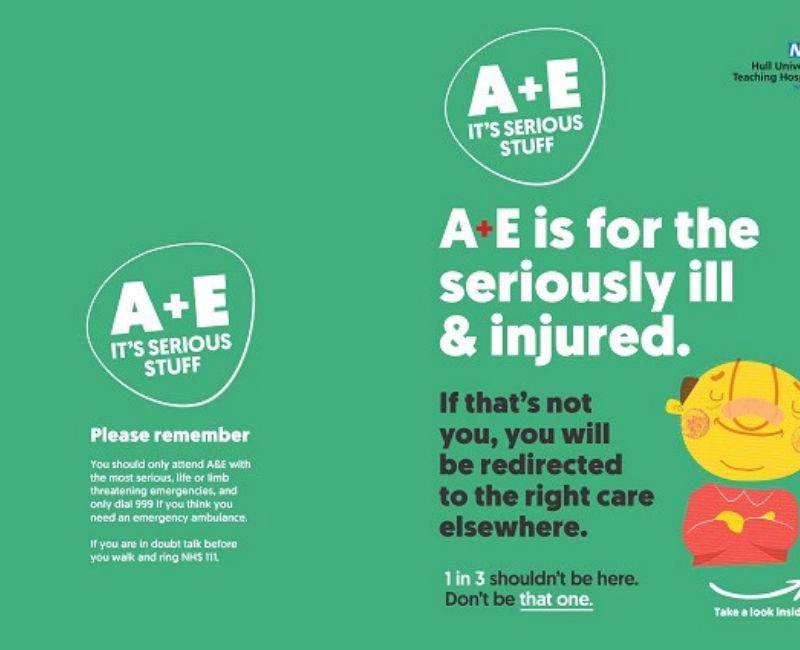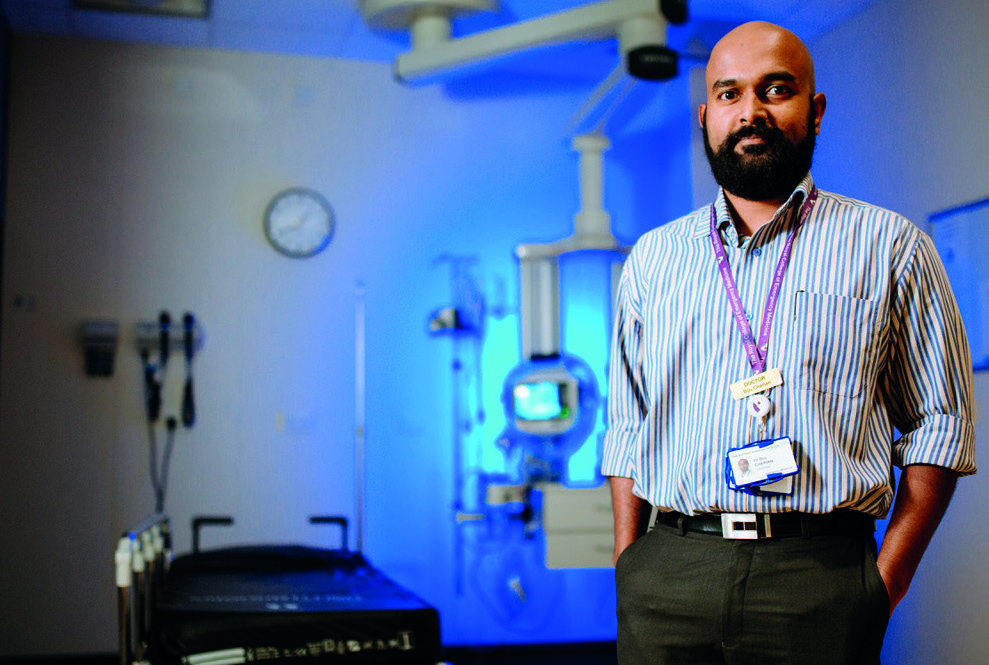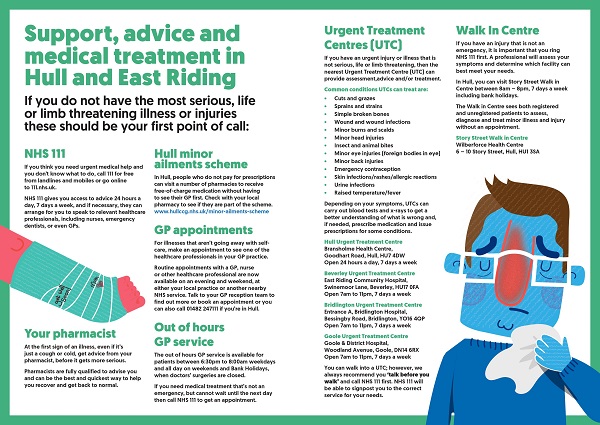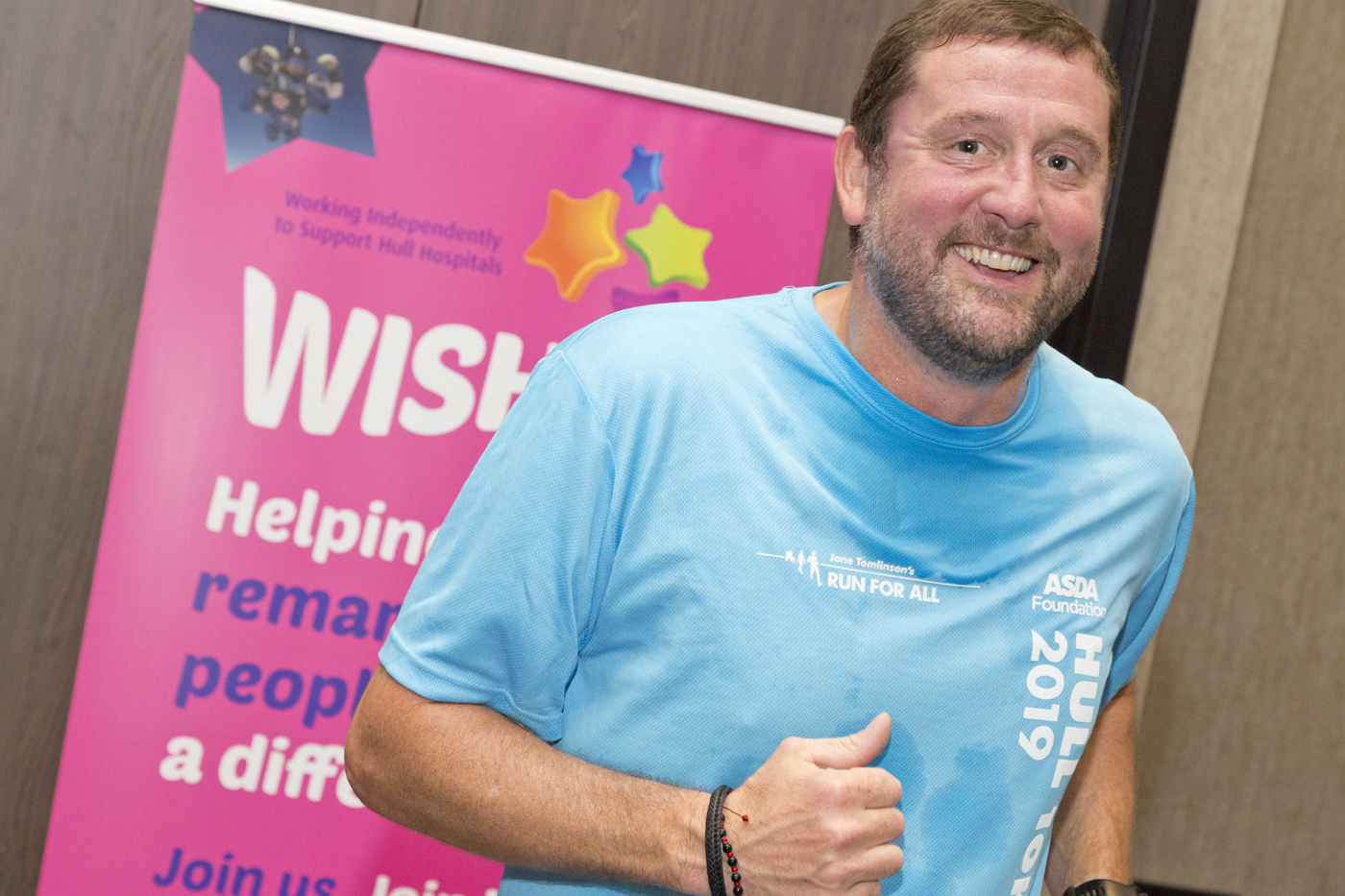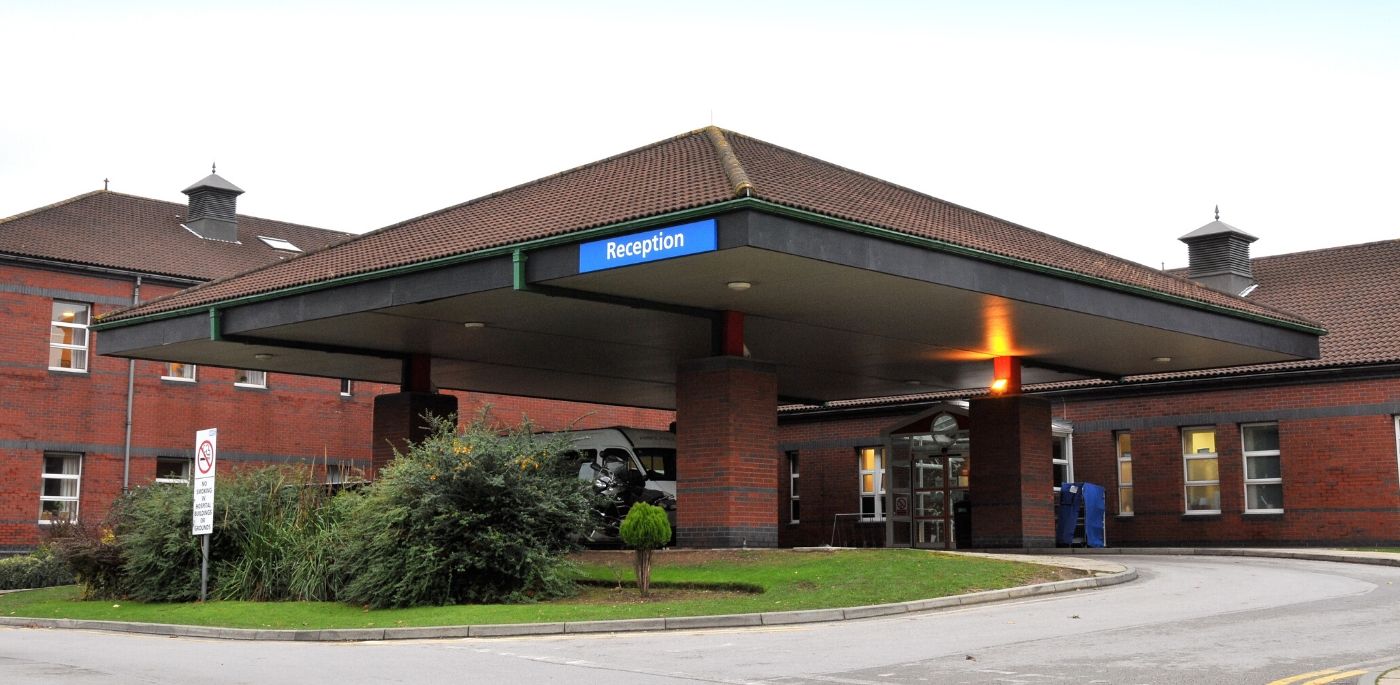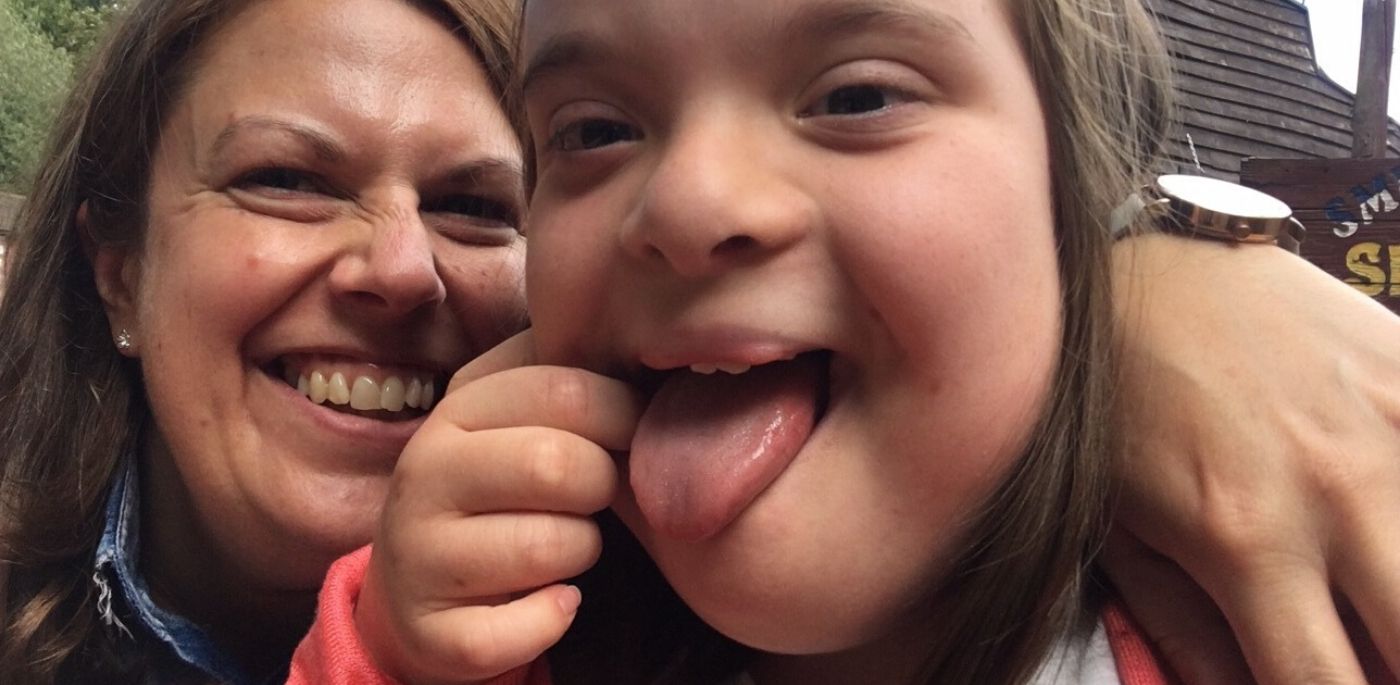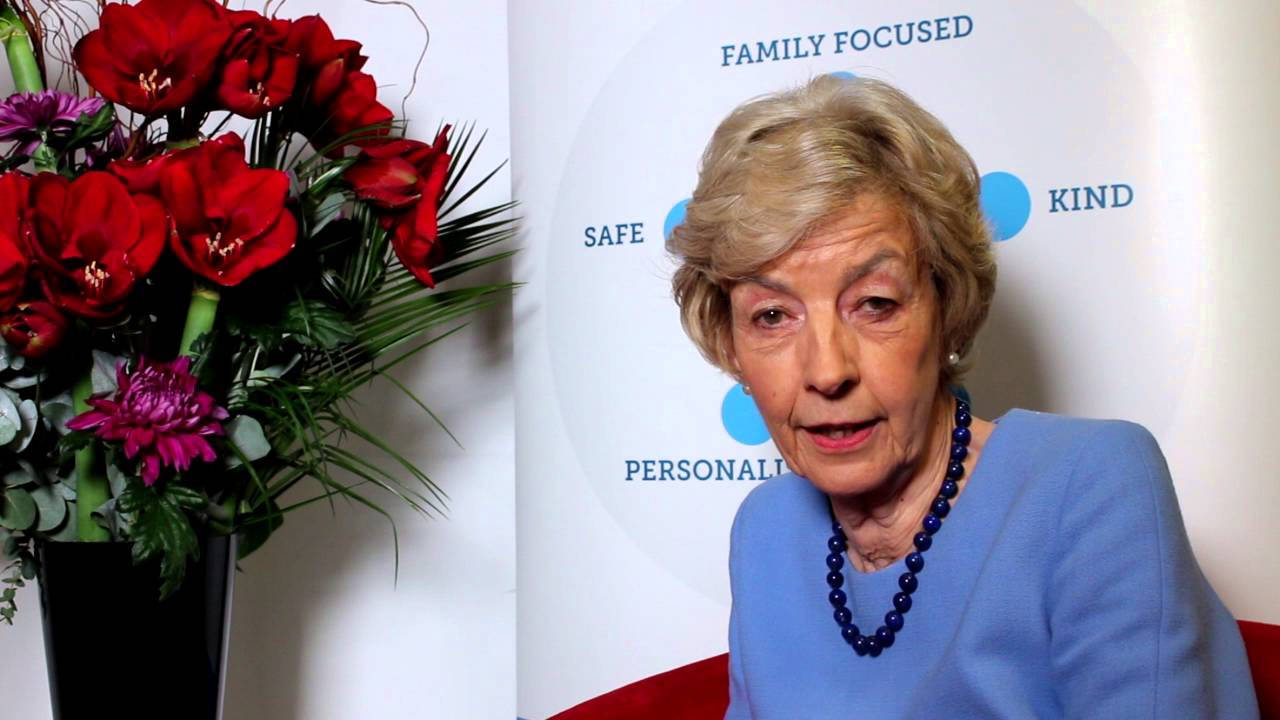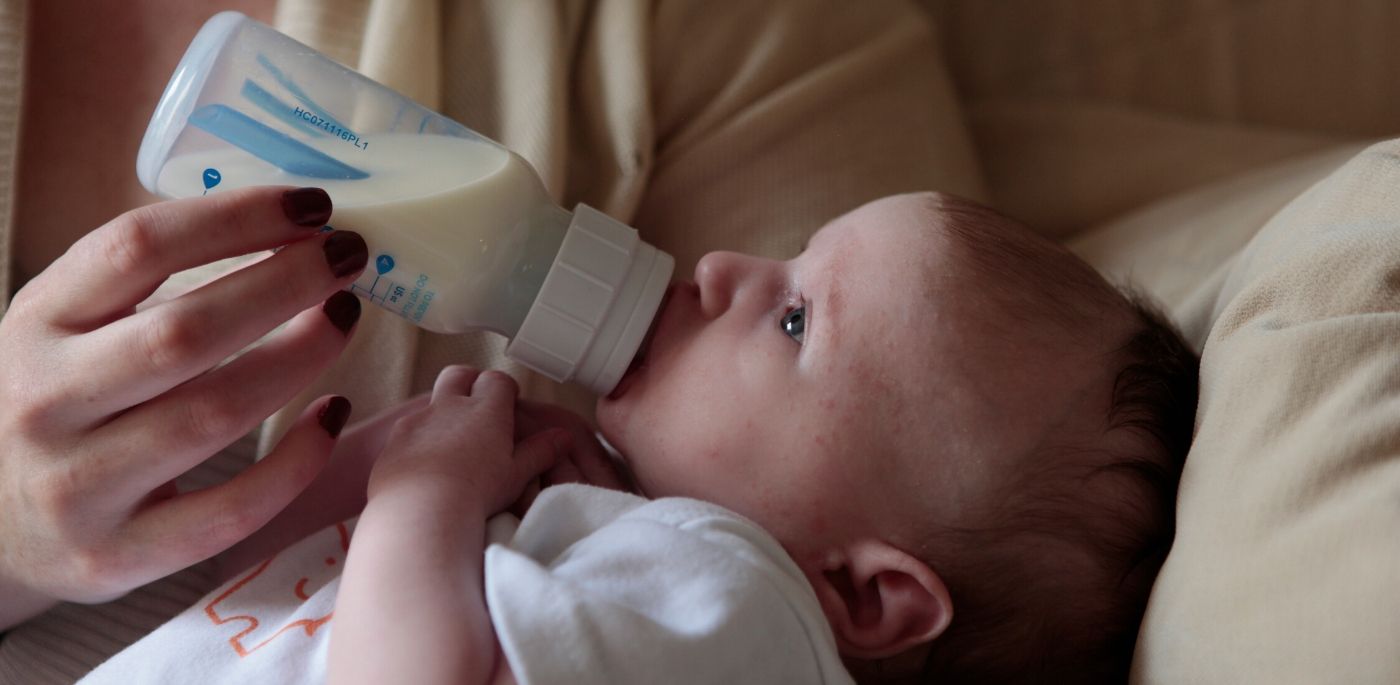Couples preparing for the arrival of their new baby are to be given support from midwives at the next HEY Baby Carousel to cope with their child crying.
Midwives from Hull Women and Children’s Hospital will be on hand to help parents-to-be manage stress and develop coping mechanisms if their baby cries often.
People will be given the chance to watch a special DVD dedicated to helping new parents keep their baby safe as they cope with their new arrival into their lives.
Midwife Melanie Lee, who leads the Hey Baby team, said: “Looking after a baby isn’t easy, especially if the baby isn’t sleeping or feeding well or has colic.
“It’s important that parents are calm and relaxed and that their baby is always safe and this is a great way of equipping people with knowledge before their baby arrives.”
Hey Baby Carousel events are run by Hull University Teaching Hospitals NHS Trust and the drop-in events, running from 6pm to 8pm on the last Wednesday of every month, have proved hugely popular.
Midwives and health teams trained in pregnancy support, birth, home safety and child care will be at the next Carousel at Hull Royal Infirmary’s Clinical Skills Building in Fountain Street, on Wednesday, February 26.
Women and their partners can be guided through their birth plans, making the best choice for them and their babies. They can also sign MAT B1 forms required for maternity payments for working women and to enable them to benefit from free prescriptions and dental care.
Midwives from the Fatima Allam Birth Centre also attend the event to outline the service available to women with uncomplicated pregnancies and couples can also find out information about home or water births.
Staff from the Labour Ward at Hull Women and Children’s Hospital will also be available to answer questions women may have about their birth options on the obstetric-led unit.
Mental health teams and voluntary group Andy’s Man Club will be on hand to speak to people who may be feeling overwhelmed by the thought of parenthood.


